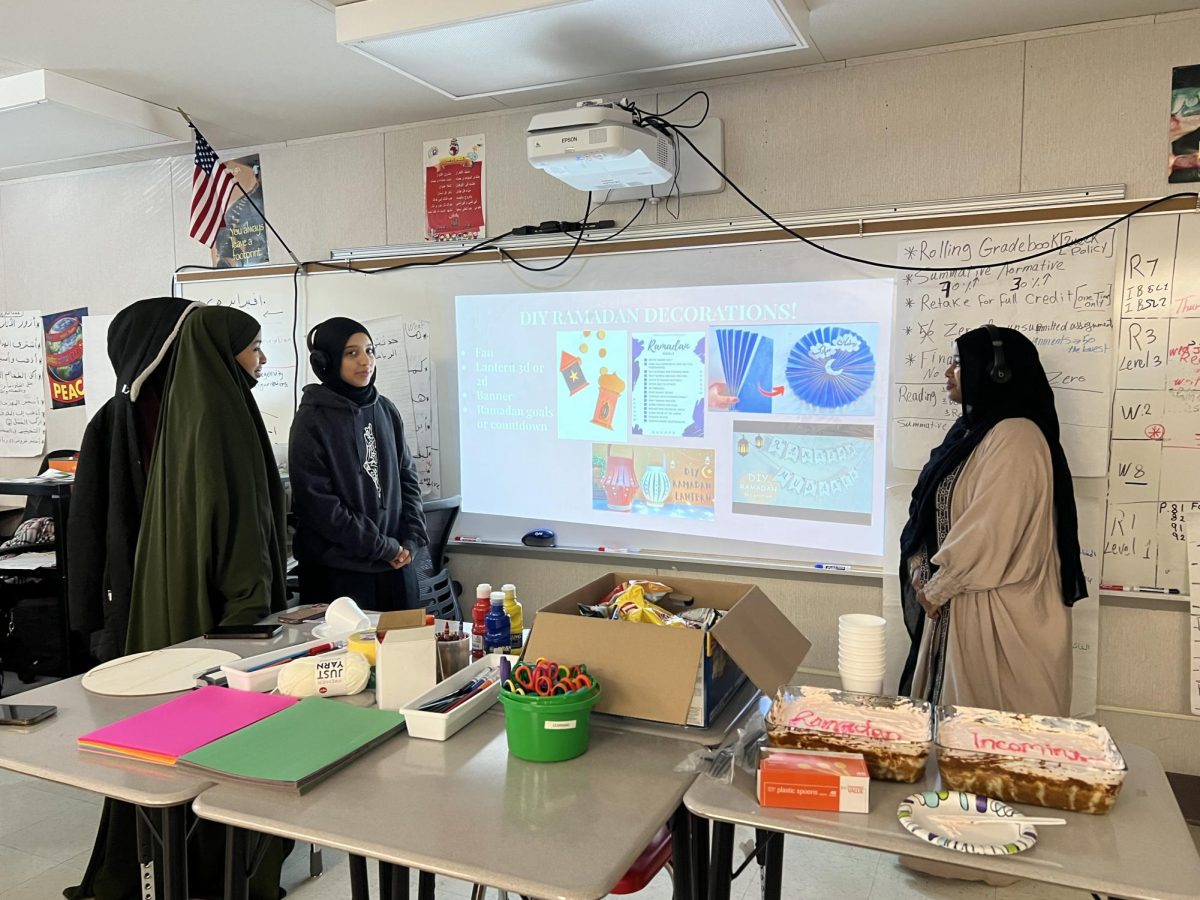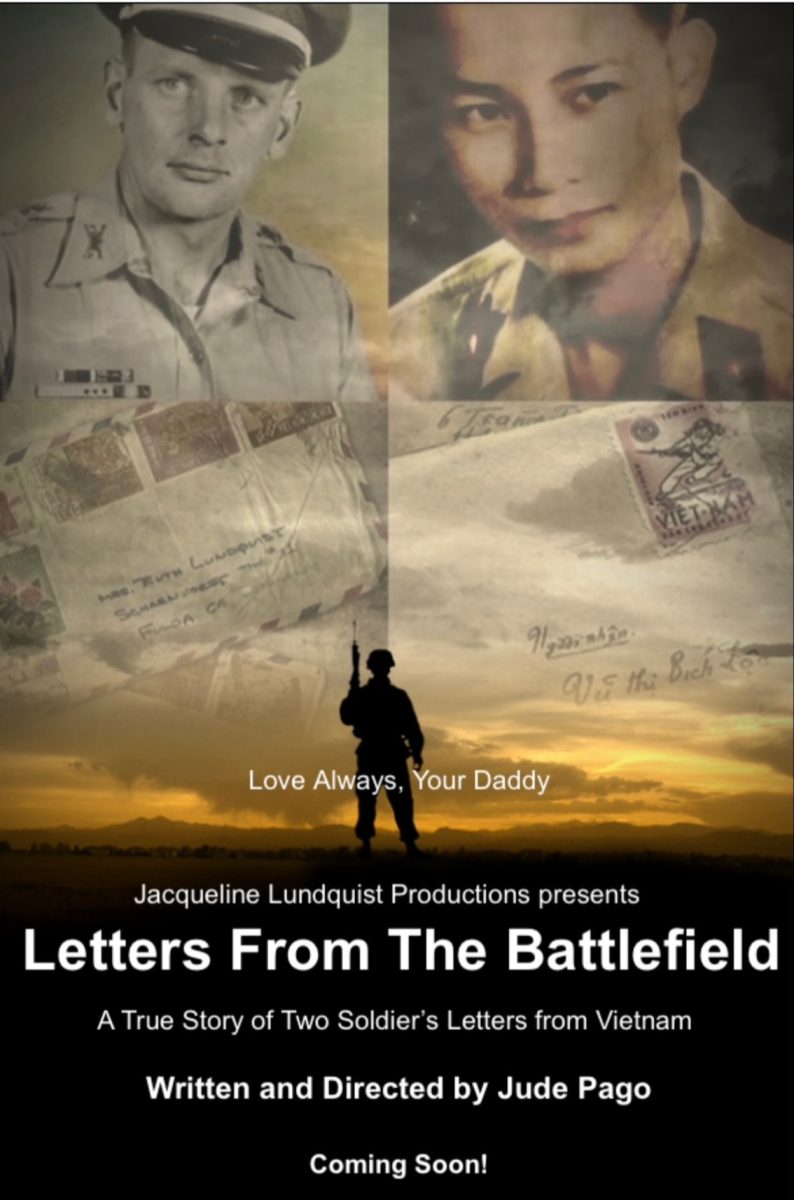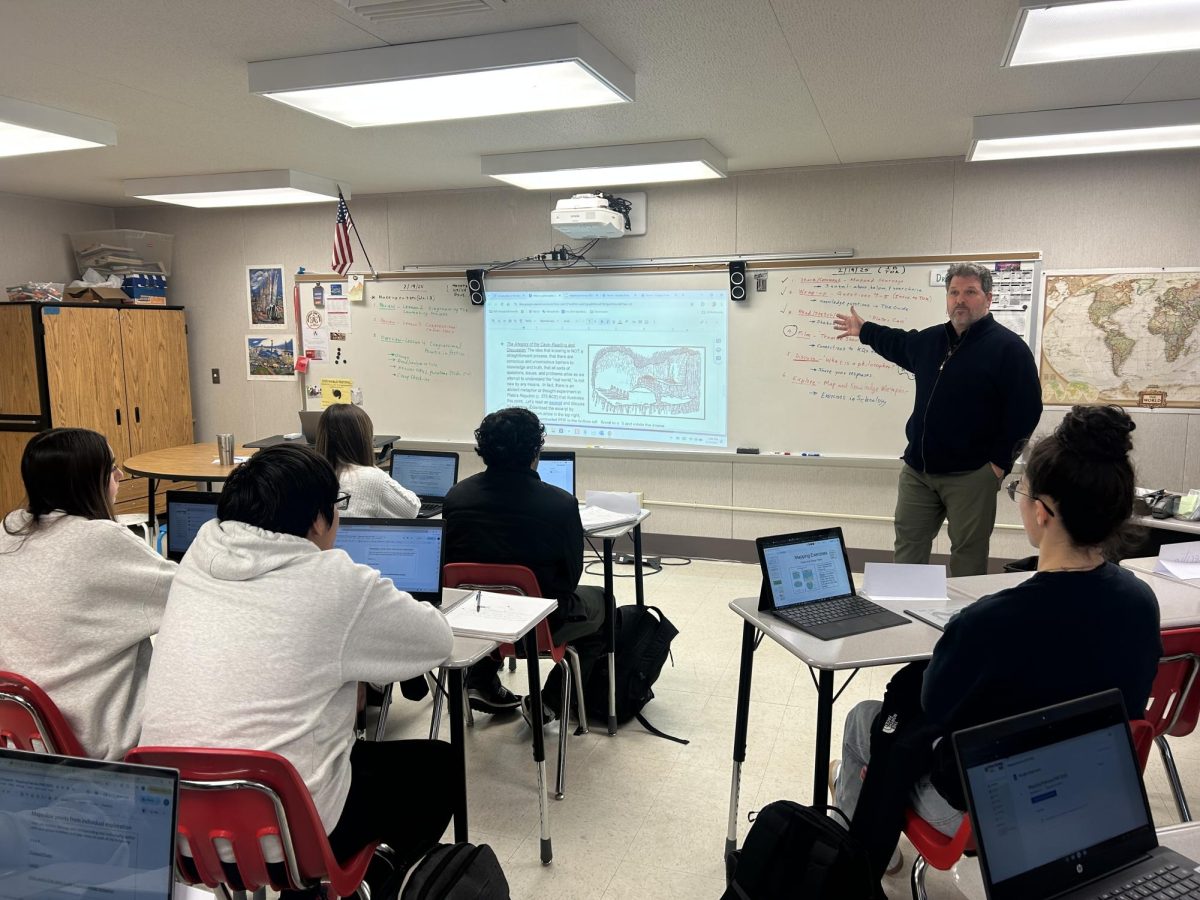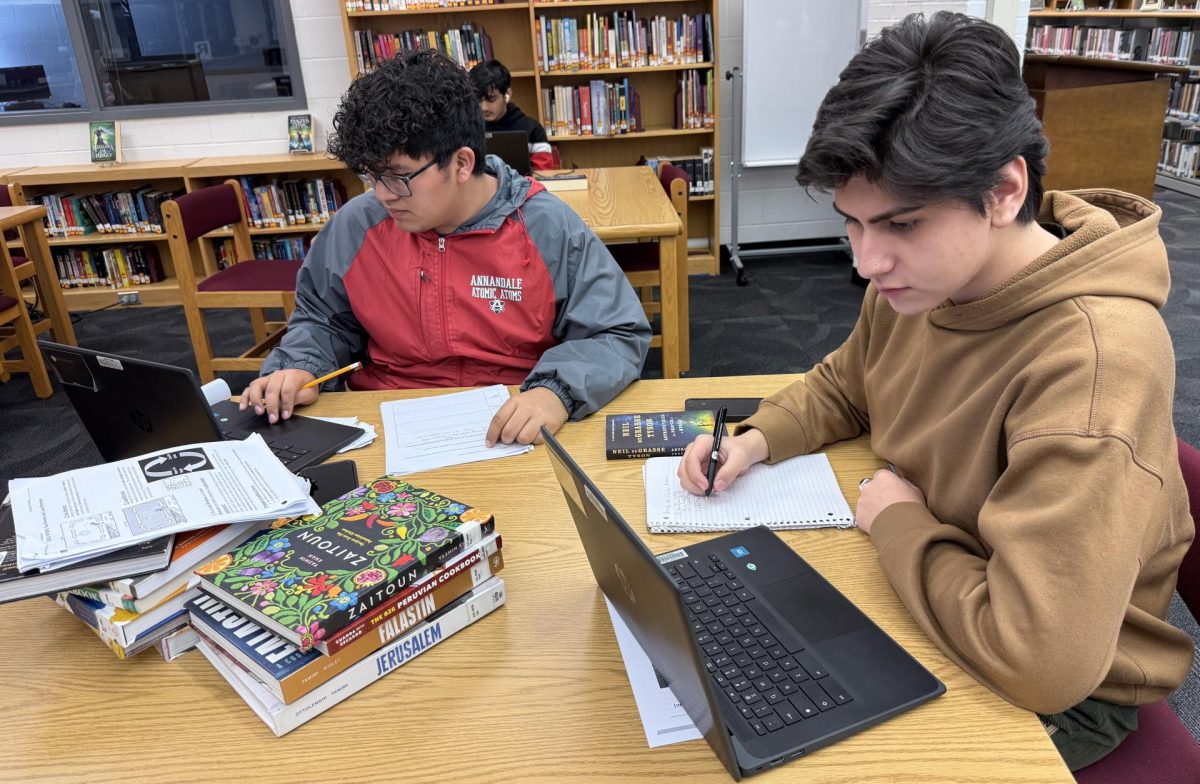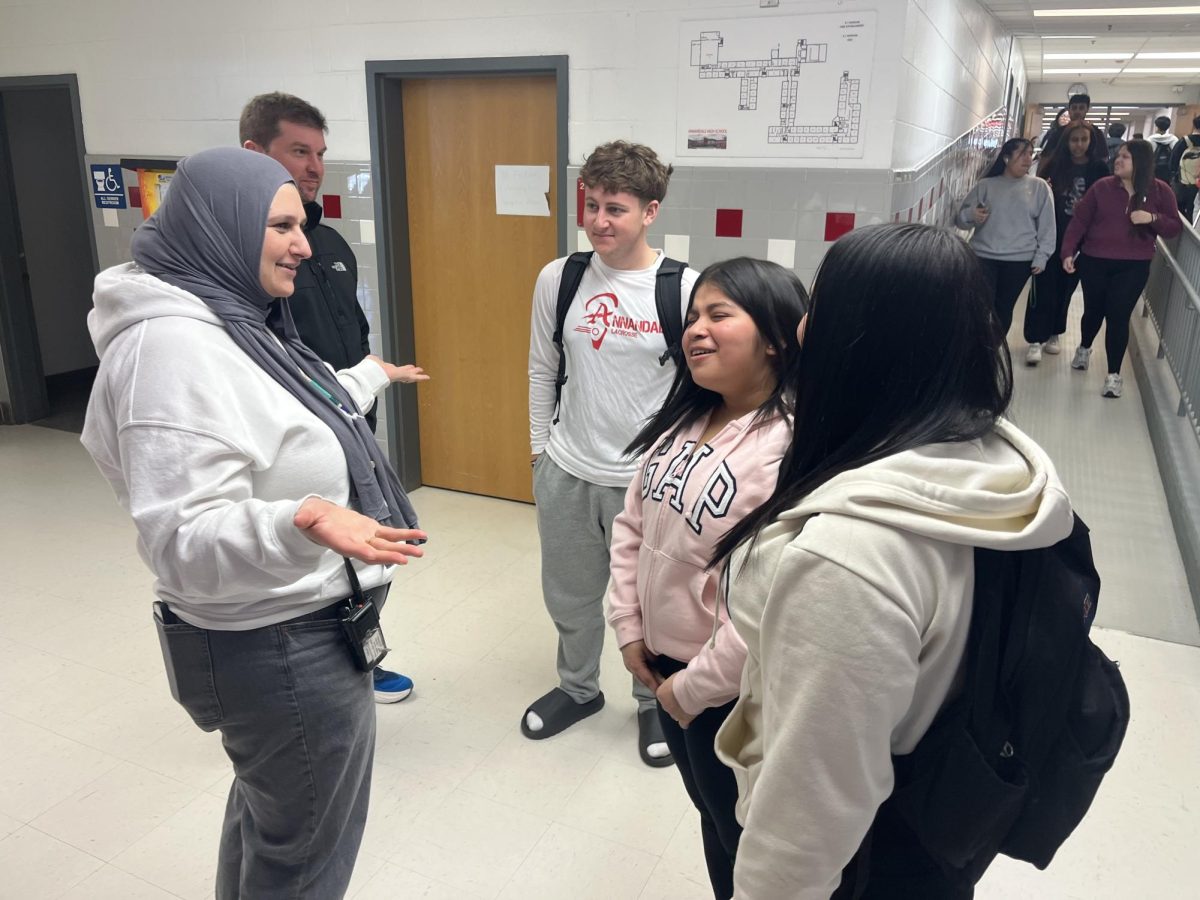South Korean President Yoon Suk Yeol recently lifted the martial law decree he had imposed on the country, and has since been impeached. The decision came after a night of political turmoil and intense protests. “It has caused anxiety and inconvenience to the public, and I sincerely apologize,” Yoon said.
On a cold December evening, President Yoon made a shocking announcement on a televised speech, he declared martial law, saying that it was necessary to protect the country and “maintain order”.
Annandale is highly populated with korean people as it used to be called Koreatown, that is very much reflected on our school Annandale high with our high numbers of korean students, so what do korean students here at AHS think of the situation? “Especially for my parents, they were deeply affected by it, it was very
harsh,” junior Gina Chae said. It is tough for Koreans who are living in different countries watching their home country and people suffer because of the government who was supposed to protect them, also for the ones who are living in different countries, but still have family and relative in South Korea “All I care about is my family is safe, because I have a lot of extended family over there,” assistant principal Jae Lee said.
This event was caused after a tense political crisis in the country. The crisis began when President Yoon faced significant opposition in parliament. “I think the true reason behind the whole martial law is because Yoon is scared to be impeached because he’s almost been impeached 20 or 30 times, ” junior Gina Chae said. Martial law is a system of rules that a government can impose in times of crisis.
This often includes curfews, restrictions on movement, and the suspension of civil rights, like the freedom to assemble or protest. “I feel like people should come and go as they please, I feel like there shouldn’t be a curfew unless it’s for the greater good, so people should go wherever they want, whenever they want,” Administrative Assistant Abdulhadi Jewad said.
South Koreans, especially younger citizens and students, were outraged when the Martial Law was implemented. They flooded the streets in protest, demanding that President Yoon lift martial law and respect the rights of parliament. After a long night of debate and public pressure, lawmakers rejected the martial law decree, president Yoon had no choice but to lift the military rule. Many South Koreans felt that President Yoon’s decision to declare martial law was an attempt to undermine democracy.
“When the government does something like this, I think it is to show power to some degree and scare the citizens into submitting to what they want,” senior Angelina Gutierrez said. When the President tried to bypass this system by using the military, it caused fear that the country might slide into a more authoritarian rule, where the government controls everything, including the military and the media. After all the chaos, on Dee, 14, Yoon was impeached by Parliament two weeks after implementing his short-lived martial law decree.
This event in South Korea may not directly affect us here, but it’s important to remember the fear and uncertainty that citizens on the other side of the world must be experiencing. “It is very scary, I can’t even imagine how they feel right now, I just have so much compassion for them and wish them the best,” Gutierrez said. The events in South Korea can teach us important lessons, especially for students who are learning about democracy and government. First, it is essential to understand that while governments have the power to act in times of crisis, they must also respect the rights of the people.
For students, it’s important to think about the role of protest and activism in a democracy. In South Korea, it was the voices of ordinary people, including students, that helped bring an end to martial law. This shows that democracy is not just about voting; it’s also about speaking out and standing up for what is right.




